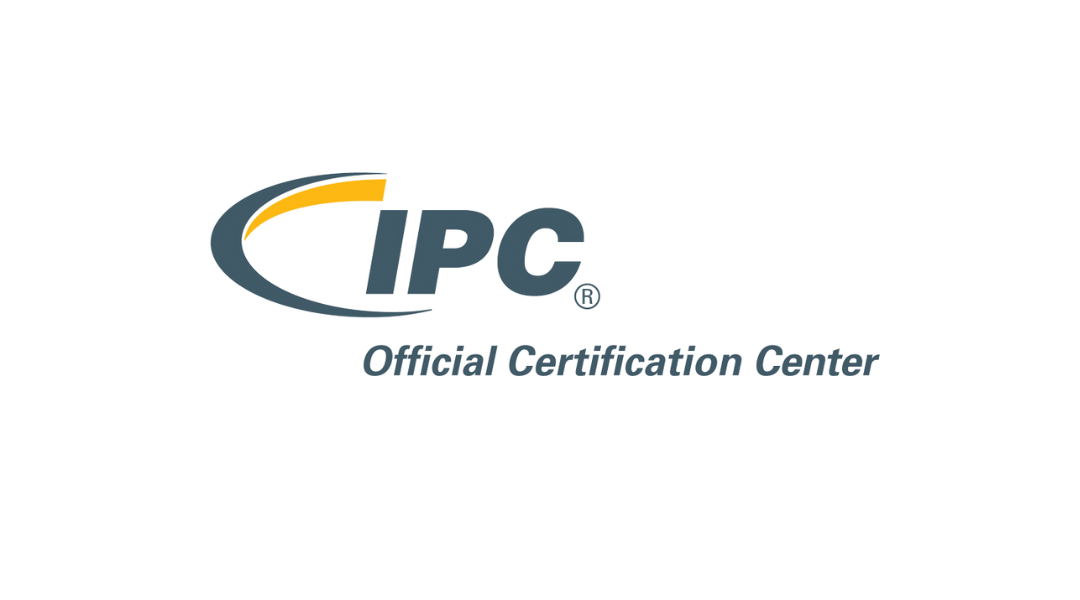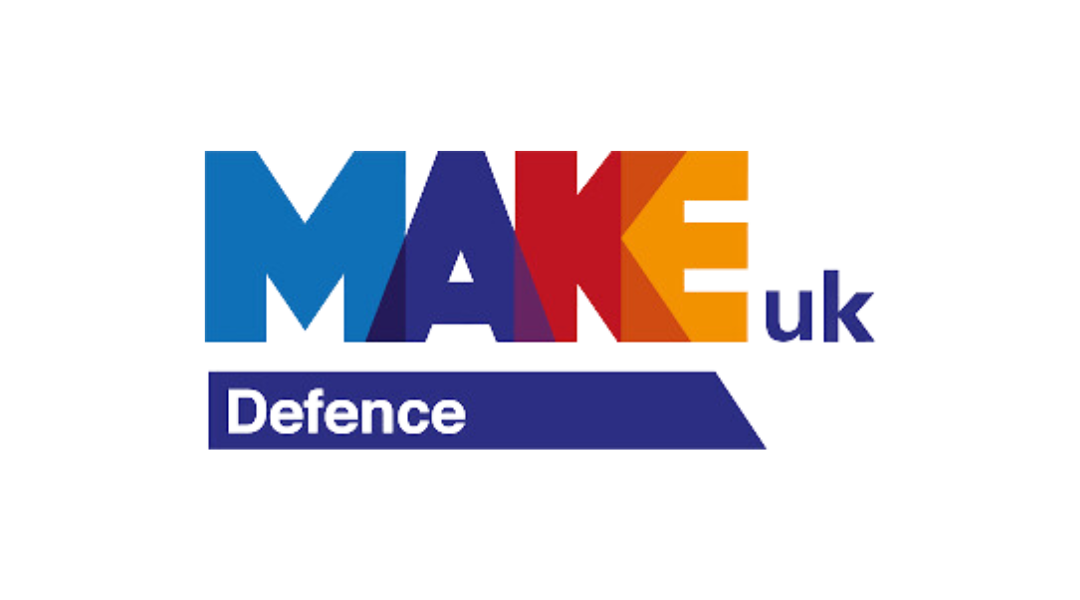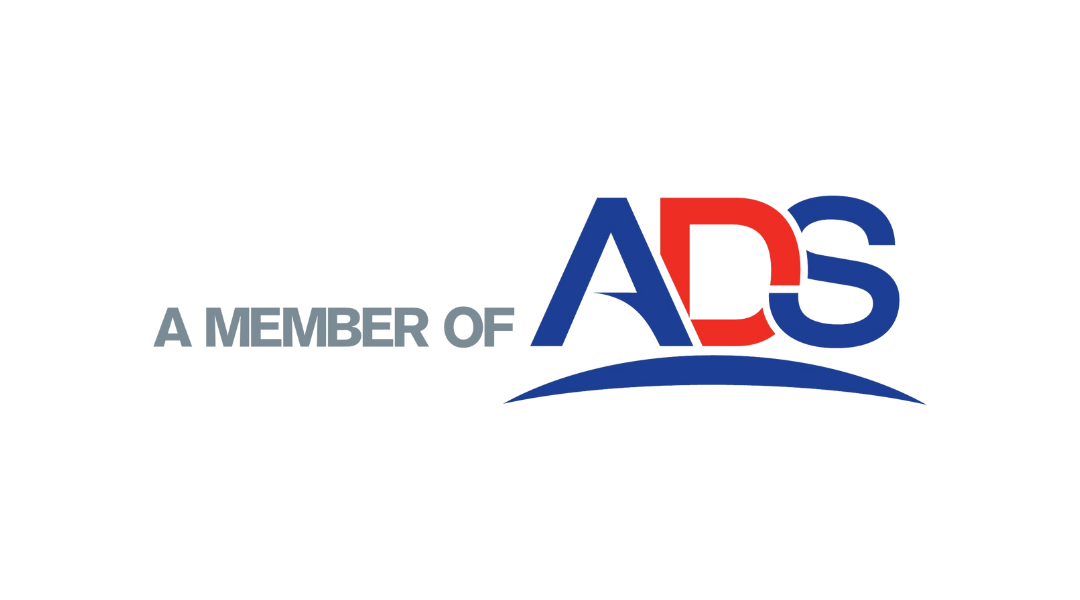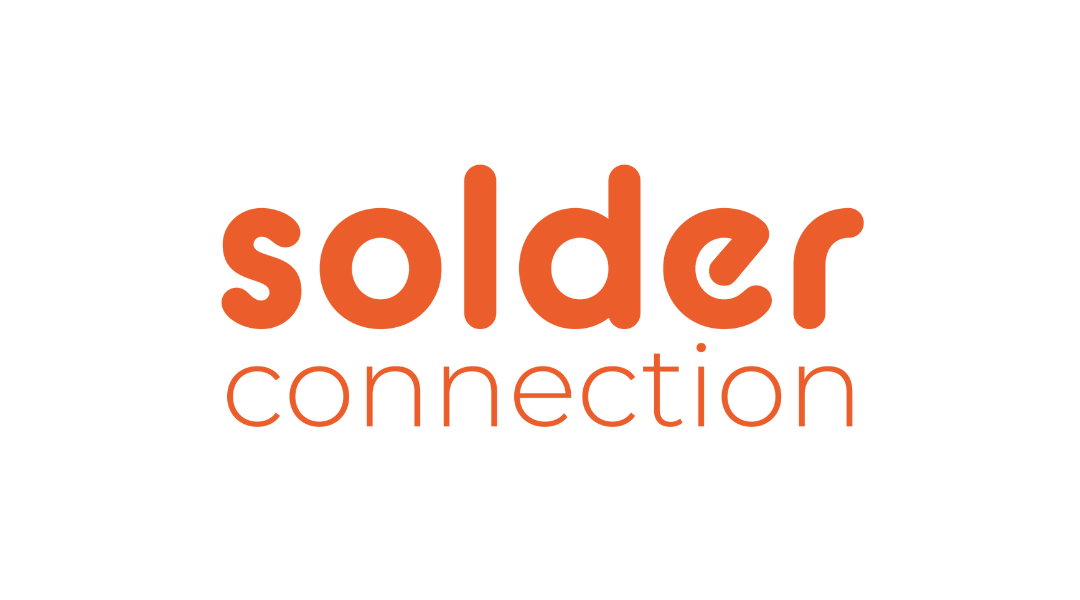IPC J-STD-001 Course and Certification for standards in Soldering
IPC J-STD-001 Course and Certification for standards in Soldering
The IPC J-STD-001 certification has become the internationally renowned standard for electronics soldering.
The IPC J-STD-001 certification course has become the internationally renowned standard for electronics soldering and manufacturing – it is the industrial specification for electronics and electrical assemblies.
The IPC J-STD-001 training course in this standard ensures an understanding of materials, methods and verification criteria for exceptional soldered interconnections.
First released in the 1990’s, there have since been several updates with the most up-to-date covering a thorough explanation from general requirements such as ESD, safety, and tools and then material, components, and equipment, to through-hole mounting, to cleaning and residue requirements.

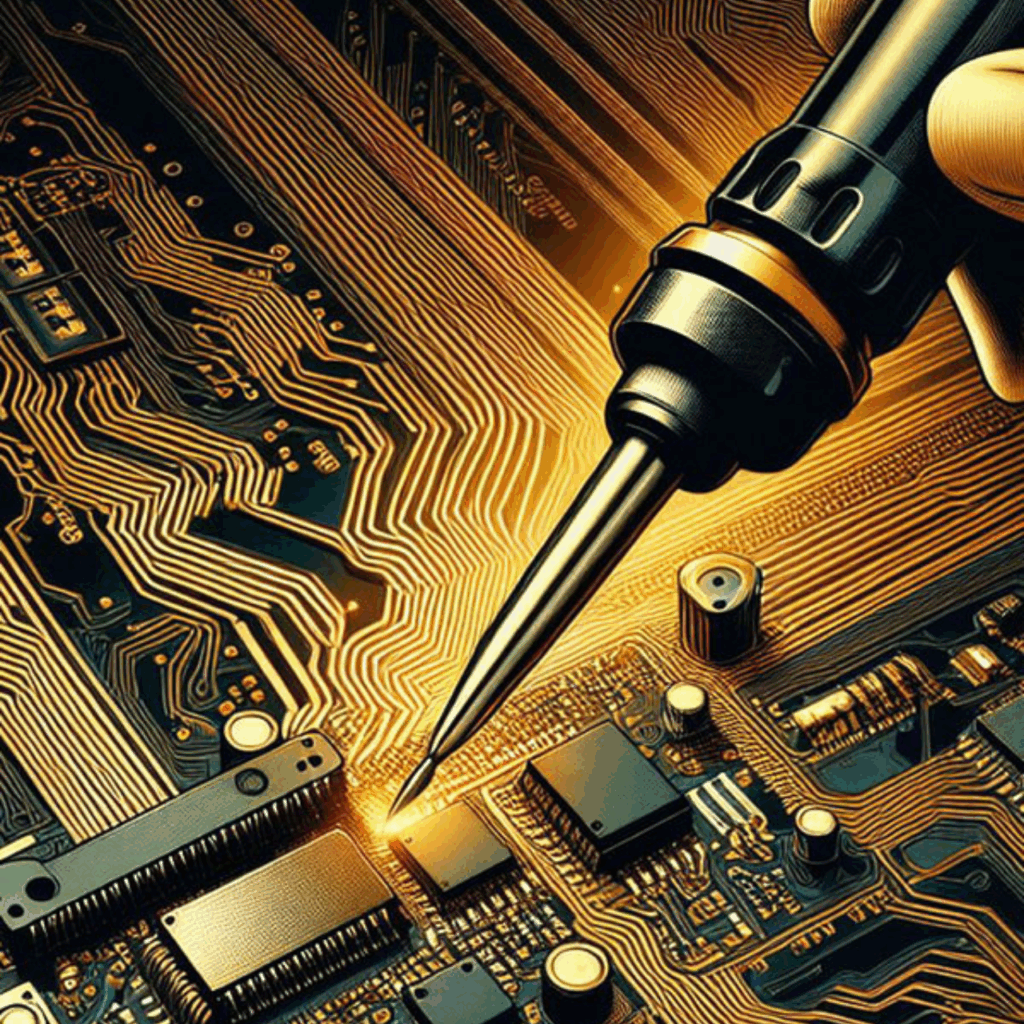
While aerospace, defence and motorsport electronics manufacturers usually work to Class 3, the training and its standard do cover all three classes – Class1, Class 2 and Class 3.
This The IPC J-STD-001 course is crucial for operators involved in the manufacture of PCB assemblies. It has a practical element that assesses operators’ ability to hand assemble components onto a printed circuit board.
Would you like to save time and money by reducing the amount of reworking required?
Would you like to reduce the number of faulty product complaints and returns?
Then consistent accurate manufacture and assembly of electronic equipment through soldering requirements and this course is a key step to achieving this.
Staying on top of wastage due to scrap, rework, and repair is crucial to safeguarding profits.
What does the IPC J-STD-001 cover?
IPC J-STD-001 course covers all three product classes. In particular, we look at all aspects of PCB assembly, including plated through hole (pth), surface mount (smt), wires/terminal connections and inspection criteria.
While this is not an entry-level soldering course, the basic techniques of soldering are covered through theory and practical sessions. The comprehensive criteria cover what is required to achieve quality and reliable electronic assemblies, and delegates are expected to demonstrate their skills following instruction from the trainer.
The training covers the elements required for producing high-quality PCB Assemblies:
Wires and Terminals
Plated Through Hole (PTH)
Plated Through Hole (PTH) Assembly
Component Damage
PCB Coatings, Encapsulations & Stacking
Who is the IPC J-STD-001 for?
The IPC J-STD-001 standard course is aimed at those who are soldering electrical or electronic assemblies. If you’re a business or individual that works in equipment manufacture, a contract electronics manufacturer or soldering of electronic assemblies, this standard is for you.
Job roles that should consider this training are Assembly Operators, Quality Inspectors, Manufacturing Engineers and Managers and Senior Leaders who need a thorough understanding of the importance of assembly quality. Due to the focus on process control, this standard is also suitable for Quality Assurance roles and Assembly Process Engineers.
There are no specific prerequisites to this course however delegates do need knowledge of industry language and have good soldering skills. This course is not aimed at teaching people how to solder, but making sure delegates know the methods, processes and techniques to solder to IPC standards.
If you or your team require basic solder training skills please see our soldering training.
Download Course Overview
IPC J-STD-001 Training and Certification FAQ’s
While not strictly required, some electronics experience is helpful. You should understand basic electronic theory, be able to identify components and have good soldering skills for practical courses.
If you’re new to soldering, we recommend taking our basic soldering course first.
We’re centrally located in the UK with excellent transport links:
- Address: MARQ-ONE Ltd, Eliot Park Innovation Centre, Barling Way, Nuneaton CV10 7RH
- Easy access to major road and rail networks
- Close to two international airports
All IPC Certifications (CIS, CSE, and CIT levels) are valid for two years. You can recertify within 3 months before expiry but if your certificate expires, you’ll need to take the full course again.
JSTD-001:
CIT: Up to 5 days
CIS: Up to 5 days for all modules
CSE: Up to 5 days
IPC training courses can be done remotely however courses with practical assessments must be done in person. While we can offer remote training, we feel the value from in-person teaching is exponentially more valuable than the convenience of an online course. You can choose to train either in our fully equipped facility or at your location.
There are more details about each course available which should help you identify what is the best fit for you, however, what you may think you need and what you actually need can be two different things – if you need more information don’t hesitate to get in touch!
The IPC J-STD-001 certification has become the internationally renowned standard for electronics soldering.
The IPC J-STD-001 certification course has become the internationally renowned standard for electronics soldering and manufacturing – it is the industrial specification for electronics and electrical assemblies.
The IPC J-STD-001 training course in this standard ensures an understanding of materials, methods and verification criteria for exceptional soldered interconnections.
First released in the 1990’s, there have since been several updates with the most up-to-date covering a thorough explanation from general requirements such as ESD, safety, and tools and then material, components, and equipment, to through-hole mounting, to cleaning and residue requirements.


While aerospace, defence and motorsport electronics manufacturers usually work to Class 3, the training and its standard do cover all three classes – Class1, Class 2 and Class 3.
This The IPC J-STD-001 course is crucial for operators involved in the manufacture of PCB assemblies. It has a practical element that assesses operators’ ability to hand assemble components onto a printed circuit board.
Would you like to save time and money by reducing the amount of reworking required?
Would you like to reduce the number of faulty product complaints and returns?
Then consistent accurate manufacture and assembly of electronic equipment through soldering requirements and this course is a key step to achieving this.
Staying on top of wastage due to scrap, rework, and repair is crucial to safeguarding profits.
What does the IPC J-STD-001 cover?
IPC J-STD-001 course covers all three product classes. In particular, we look at all aspects of PCB assembly, including plated through hole (pth), surface mount (smt), wires/terminal connections and inspection criteria.
While this is not an entry-level soldering course, the basic techniques of soldering are covered through theory and practical sessions. The comprehensive criteria cover what is required to achieve quality and reliable electronic assemblies, and delegates are expected to demonstrate their skills following instruction from the trainer.
The training covers the elements required for producing high-quality PCB Assemblies:
Wires and Terminals
Plated Through Hole (PTH)
Plated Through Hole (PTH) Assembly
Component Damage
PCB Coatings, Encapsulations & Stacking
Plated Through Hole (PTH) Assembly
Component Damage
PCB Coatings, Encapsulations & Stacking
Who is the IPC J-STD-001 for?
The IPC J-STD-001 standard course is aimed at those who are soldering electrical or electronic assemblies. If you’re a business or individual that works in equipment manufacture, a contract electronics manufacturer or soldering of electronic assemblies, this standard is for you.
Job roles that should consider this training are Assembly Operators, Quality Inspectors, Manufacturing Engineers and Managers and Senior Leaders who need a thorough understanding of the importance of assembly quality. Due to the focus on process control, this standard is also suitable for Quality Assurance roles and Assembly Process Engineers.
There are no specific prerequisites to this course however delegates do need knowledge of industry language and have good soldering skills. This course is not aimed at teaching people how to solder, but making sure delegates know the methods, processes and techniques to solder to IPC standards.
If you or your team require basic solder training skills please see our soldering training.
Download Course Overview
IPC J-STD-001 Training and Certification FAQ’s
While not strictly required, some electronics experience is helpful. You should understand basic electronic theory, be able to identify components and have good soldering skills for practical courses.
If you’re new to soldering, we recommend taking our basic soldering course first.
We’re centrally located in the UK with excellent transport links:
- Address: MARQ-ONE Ltd, Eliot Park Innovation Centre, Barling Way, Nuneaton CV10 7RH
- Easy access to major road and rail networks
- Close to two international airports
All IPC Certifications (CIS, CSE, and CIT levels) are valid for two years. You can recertify within 3 months before expiry but if your certificate expires, you’ll need to take the full course again.
JSTD-001:
CIT: Up to 5 days
CIS: Up to 5 days for all modules
CSE: Up to 5 days
IPC training courses can be done remotely however courses with practical assessments must be done in person. While we can offer remote training, we feel the value from in-person teaching is exponentially more valuable than the convenience of an online course. You can choose to train either in our fully equipped facility or at your location.
There are more details about each course available which should help you identify what is the best fit for you, however, what you may think you need and what you actually need can be two different things – if you need more information don’t hesitate to get in touch!

